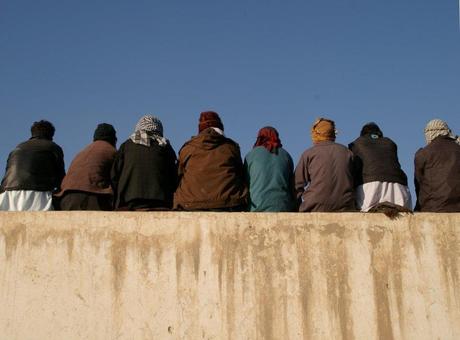DPU Working Paper - No. 158
Limits of internationalized state-building: The stabilization of post- 2001 Afghanistan

20 September 2013
Author: Katja Starc
Publication Date: September 2013
ISSN: 1471-3280
The September 11 terrorist attacks put Afghanistan and other fragile states in the spotlight of international attention. They were exposed as breeding grounds for transnational terrorism and recognized as a crucial threat to global security. State-building, the approach adopted by the international community to ‘fix’ fragile states, has become a major preoccupation and opened fragile states to interventionist and regulative policies. As seen in Afghanistan though, these international efforts are not bringing the desired stability.
The objective of the paper is to understand why state-building is not delivering expected results by unpacking and analyzing the key concepts of fragility, internationalized state-building and contemporary conflict through a critical post-colonial perspective. This leads to a broader examination of what constitutes state legitimacy, what fosters or inhibits stability and how this is influenced by the external component of the state-building processes. Grounded in this contextualization, the analytical framework presents stability as a combination of two complementary dimensions - horizontal stability, a political settlement about power sharing between elites, and vertical stability, the mutually constructive relationship between state and society.
The argument that fragile situations are a combination of vertical and horizontal instabilities and that long-term stability can only be achieved if both dimensions are fulfilled and complementary is tested against the developments in Afghanistan since the fall of the Taliban in 2001. The case study exposes what happens if the political settlement among elites is not grounded in popular legitimacy.
It also shows that the external factor in state-building, treated as a list of benchmarks to be ticked off in a quick-fix process, fuelled unrealistic expectations which, coupled with problems in other spheres of legitimacy, resulted in popular disillusionment and an increasing frustration with the system.
 Close
Close

